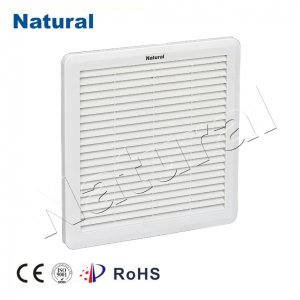In the rapidly evolving world of technology, maintaining optimal performance and longevity of electronic devices is crucial. Among the various components that contribute to this, the combination of fan and filter systems plays an essential role in ensuring devices run smoothly and efficiently. Whether in computers, industrial equipment, or HVAC (heating, ventilation, and air conditioning) systems, fans and filters work together to prevent overheating, dust accumulation, and overall system failure. This article explores the importance of fan and filter systems in modern technology and their impact on device performance and longevity.

Understanding Fans and Filters

A fan is a device that promotes airflow by converting electrical energy into mechanical energy. Its primary function is to move air, which is used to cool down electronic components, machinery, or buildings. Fans are commonly seen in various technological systems, such as personal computers, servers, power supplies, and even in home appliances. They help prevent overheating, a phenomenon that can severely damage sensitive components like processors, circuit boards, and motors. In fact, without proper cooling, devices could malfunction or even become permanently damaged. On the other hand, a filter is designed to remove dust, dirt, and other particulate matter from the air before it enters a system. In electronic devices, this is critical because dust and debris can clog ventilation openings and block airflow. Over time, this buildup can lead to overheating or even cause hardware failure. In HVAC systems, filters are used to purify the air, ensuring that the environment remains free of allergens, pollutants, and dust particles. The synergy of fans and filters, therefore, is indispensable in ensuring that systems operate at their full potential.
